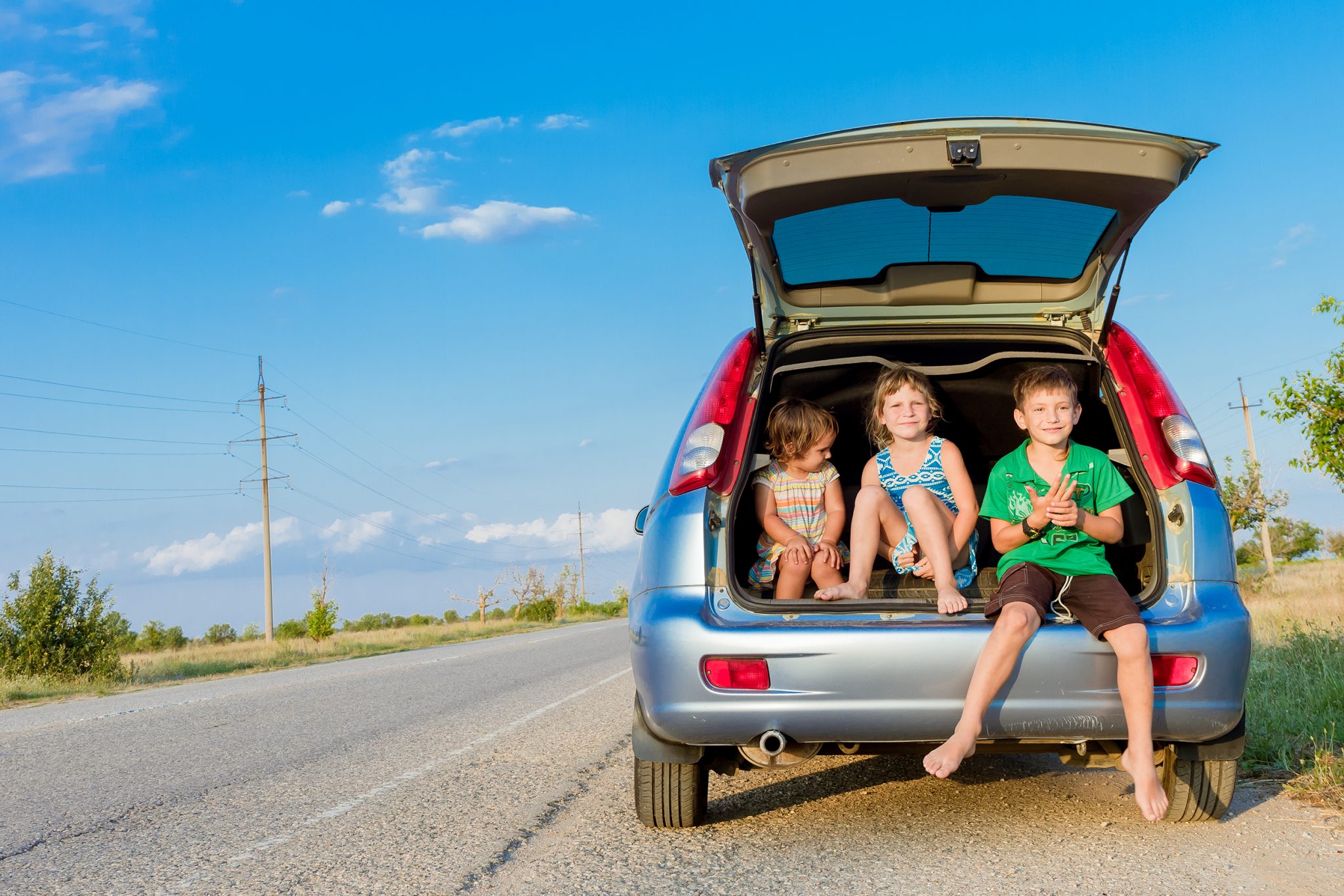When a winter storm hits, slick roads can be anything but smooth sailing for drivers. Whether you’re close to home, or rolling through an unfamiliar area, it’s important to keep the following tips in mind to ensure that your journeys are as safe as can be.
1. If possible, wait it out.
Of course, the best approach is to stay off the road until conditions improve; there’s no need to risk an accident if you don’t have to. If you can work from home, postpone your vacation, or even utilize public transportation in order to keep safe and out of harm’s way, you should certainly do so.
2. Drive slowly.
It’s natural to want to get to your destination as quickly as possible, especially when the weather isn’t so great. However, acting like a speed demon on slippery terrain isn’t the best idea, no matter how many drivers may be passing you by in the fast lane. Keep things slow and steady, and you’ll reach your destination safely, which is all that really matters.
3. Adapt to conditions.
You probably learned about “defensive driving” at some point, right? Well, it not only applies to other drivers, but to the road itself … especially in inclement weather. First, keep the use of your brakes in check. Your anti-lock brake system can be great in a variety of situations, but not on ice-covered roads, as they can actually cause you to slide. If you do feel yourself beginning to lose control, try your best to steer the wheel in the direction that your rear tires are headed.
4. Keep going.
While you may be tempted to help another driver in need, stopping on the side of the road can do more harm than it can help. If you’re parked behind another car, and you’re just a hair too close to the highway, there’s a chance that an out-of-control car can cause double the damage. Pick another time to be a good samaritan and keep the focus on your driving.
5. Buckle up.
Keep that seatbelt fastened! It should be common sense to wear your seatbelt at all times, even in good weather. However, this advice should be doubly heeded in snowy, icy conditions. In the event that something does happen, you’ll likely be happy that you had the added protection that your seatbelt provides.











